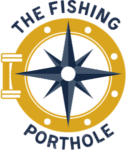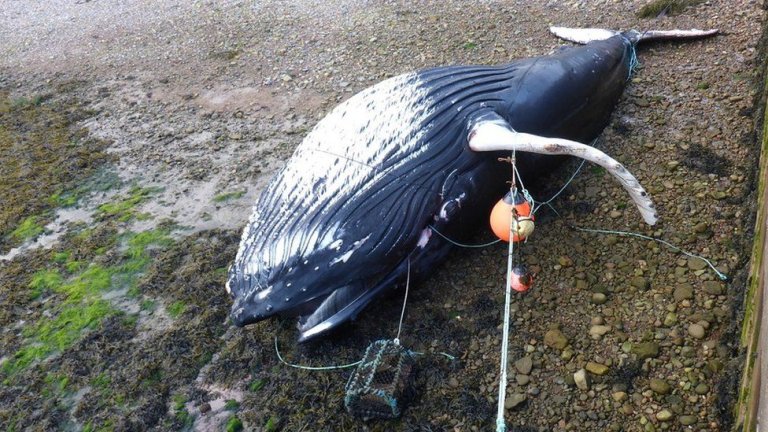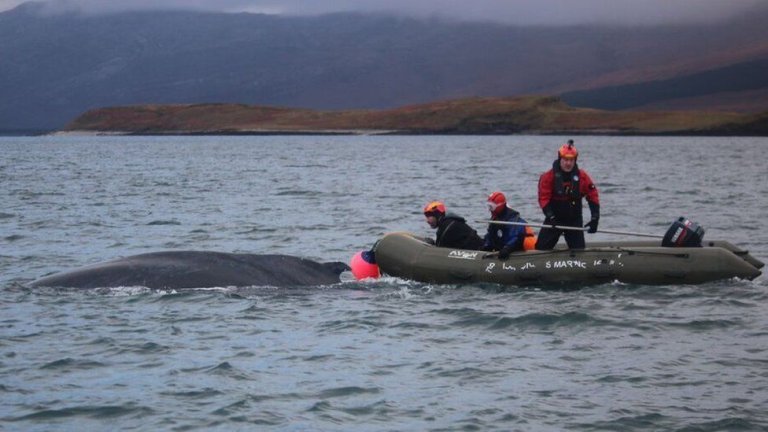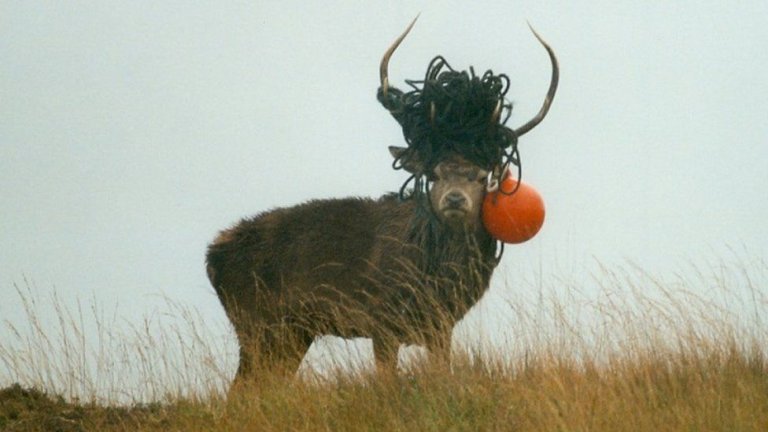“By reporting such an event you are not incriminating yourself or your fishery but rather you are contributing to important research to help us understand the entanglement issue. Any information you share will be treated sensitively, positively and confidentially.”
The Scottish Entanglement Alliance




